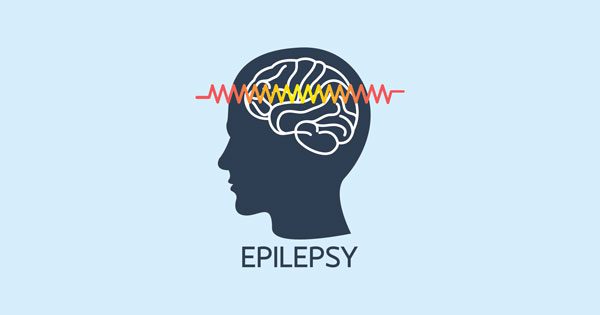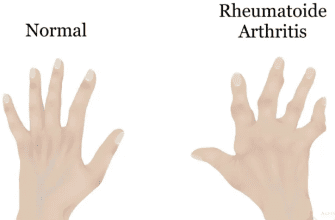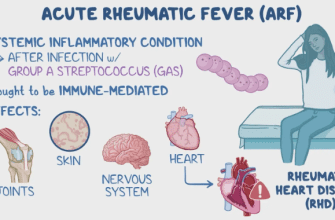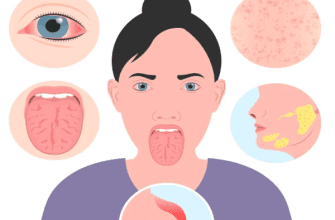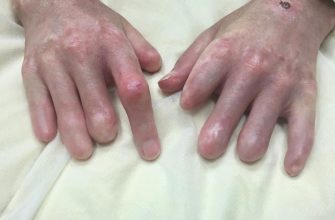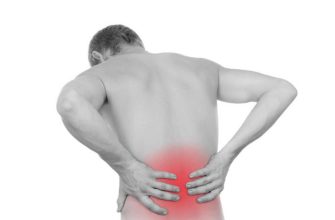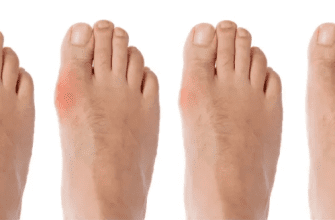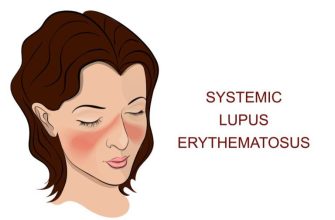What Is Epilepsy?
Epilepsy is a chronic neurological disorder characterized by recurrent, unprovoked seizures caused by abnormal electrical activity in the brain. It affects 3.4 million Americans (CDC).
Key Facts (Epilepsy Foundation):
✔ 1 in 26 people will develop epilepsy in their lifetime.
✔ Not contagious—it’s a brain wiring issue, not an infection.
✔ Seizures vary widely—some cause staring spells, others convulsions.
Types of Epilepsy & Seizures (Mayo Clinic & NIH)
- Focal (Partial) Seizures
- Start in one brain area.
- May cause twitching, déjà vu, or temporary confusion.
- Generalized Seizures
- Affect both brain hemispheres.
- Includes:
- Tonic-clonic (grand mal): Stiffening + jerking.
- Absence (petit mal): Brief staring spells (common in kids).
- Epilepsy Syndromes
- Lennox-Gastaut (severe, childhood-onset).
- Temporal Lobe Epilepsy (most common in adults).
Symptoms (American Epilepsy Society)
✔ Uncontrollable jerking (tonic-clonic seizures).
✔ Staring spells (absence seizures).
✔ Temporary confusion (post-seizure).
✔ Sudden falls or loss of awareness.
✔ Unusual sensations (tingling, smells, déjà vu).
Not Always Dramatic—some seizures are subtle (lip-smacking, finger rubbing).
Diagnosis (Mayo Clinic)
- Medical History – Details of seizure events.
- EEG (Electroencephalogram) – Detects abnormal brain waves.
- MRI/CT Scan – Rules out tumors/stroke.
- Blood Tests – Checks for metabolic causes.
Treatment (NIH & FDA)
- Anti-Seizure Medications (ASMs)
- First-line: Levetiracetam, Lamotrigine.
- 70% of patients achieve control with meds.
- Surgery
- For drug-resistant epilepsy (e.g., remove seizure focus).
- Devices
- Vagus Nerve Stimulator (VNS) – Reduces seizure frequency.
- Dietary Therapy
- Ketogenic Diet – High-fat, low-carb (effective for some kids).
Prevention (CDC)
Take meds as prescribed (sudden stops trigger seizures).
Manage sleep (fatigue lowers seizure threshold).
Limit alcohol/flashing lights (if photosensitive).
Wear a medical alert bracelet.
Red Flags: When to See a Doctor (Epilepsy Foundation)
Seek Emergency Care If:
- Seizure lasts >5 minutes (status epilepticus).
- Injury occurs (hit head, can’t breathe).
- First-time seizure (rule out stroke/tumor).
Schedule a Neurologist Visit If:
Medication side effects (dizziness, mood changes).
Recurrent seizures (≥2 unprovoked episodes).
